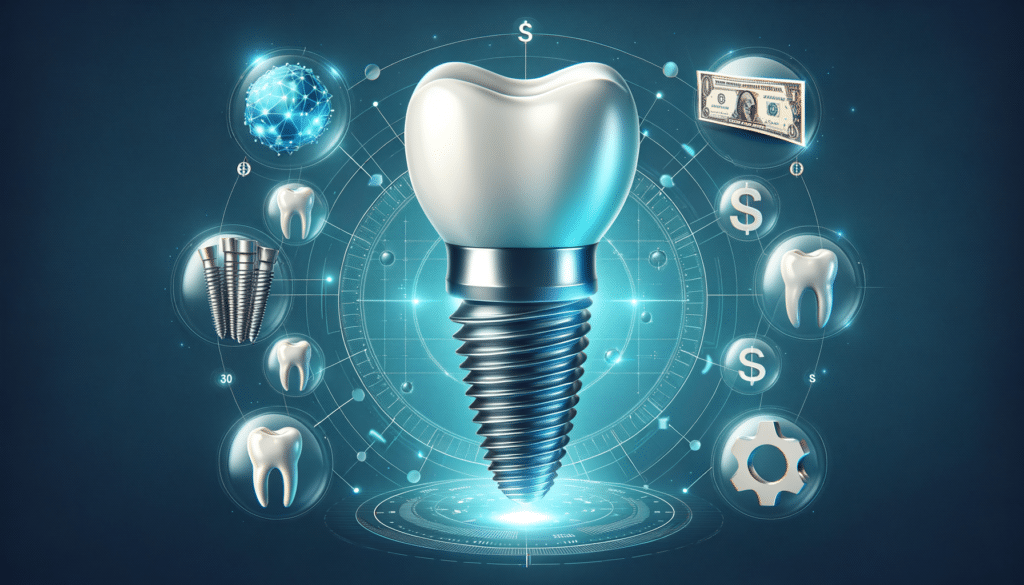Understanding the Role of Rehab Centers
Drug and alcohol rehab centers serve as a beacon of hope for individuals grappling with addiction. These facilities provide a structured environment where patients can focus on recovery without the distractions and triggers of everyday life. Rehab centers are designed to offer a variety of treatment modalities, including detoxification, therapy, and aftercare planning, which are essential in addressing both the physical and psychological aspects of addiction.
One of the primary roles of a rehab center is to offer a safe space for detoxification, the initial phase where the body rids itself of harmful substances. This process can be challenging and often requires medical supervision to manage withdrawal symptoms safely. Following detox, patients engage in various forms of therapy, such as cognitive-behavioral therapy (CBT) and group counseling, tailored to their specific needs and addiction types.
Rehab centers also emphasize aftercare planning, ensuring that individuals have a support system in place once they leave the facility. This might include outpatient therapy, support group meetings, and ongoing medical care. The ultimate goal is to equip patients with the tools and strategies they need to maintain sobriety and lead fulfilling lives.
Types of Rehab Centers and Their Approaches
Rehab centers vary widely in their approaches and the types of care they offer. Some are residential facilities where patients stay full-time, while others are outpatient centers that provide treatment during the day but allow patients to return home at night. Each type has its benefits, and the choice often depends on the severity of the addiction and the individual’s personal circumstances.
Residential rehab centers are known for their immersive approach, offering 24/7 support and a community of peers who understand the challenges of addiction. These centers often have a higher success rate as they remove individuals from environments that may trigger substance use. On the other hand, outpatient centers provide flexibility, allowing individuals to maintain work and family commitments while receiving treatment.
Additionally, some centers focus on specific populations or types of addiction. For instance, there are rehab centers dedicated to adolescents, women, or those dealing with dual diagnoses, which involve co-occurring mental health disorders. Understanding these distinctions can help individuals and families choose the right facility for their needs.
The Importance of Personalized Treatment Plans
Personalized treatment plans are a cornerstone of effective rehab programs. Recognizing that no two individuals have the same experience with addiction, rehab centers tailor their programs to meet the unique needs of each patient. This customization is crucial for addressing the various factors that contribute to addiction, such as genetic predispositions, mental health issues, and environmental influences.
A personalized treatment plan typically begins with a comprehensive assessment conducted by healthcare professionals. This assessment helps identify the severity of the addiction, any underlying mental health conditions, and the patient’s personal goals for recovery. Based on this information, a tailored plan is developed, incorporating a mix of therapies and interventions that are most likely to be effective for the individual.
Key components of personalized treatment plans often include:
- Individual therapy sessions to address personal issues and triggers.
- Group therapy to foster community support and shared experiences.
- Family therapy to repair relationships and build a support network.
- Holistic therapies such as meditation, yoga, or art therapy.
By focusing on the individual, rehab centers can offer more effective and sustainable paths to recovery.
Challenges and Misconceptions About Rehab Centers
Despite their importance, rehab centers often face challenges and misconceptions that can deter individuals from seeking help. One common misconception is that rehab is only for those with severe addiction, when in fact, anyone struggling with substance use can benefit from professional support. Early intervention can prevent the escalation of addiction and improve outcomes.
Another challenge is the stigma associated with seeking treatment. Many individuals fear judgment or feel ashamed of their addiction, which can prevent them from reaching out for help. Education and awareness campaigns are crucial in breaking down these barriers and encouraging more people to seek the support they need.
Financial concerns also pose a challenge, as some individuals worry about the cost of rehab. However, many centers offer sliding scale fees, financial aid, or accept insurance to make treatment more accessible. Understanding the available options can alleviate these concerns and help individuals find a suitable program.
Success Stories: The Transformative Power of Rehab
Rehab centers have been instrumental in transforming countless lives, offering individuals a second chance at a healthier, more fulfilling life. Success stories abound, showcasing the resilience of the human spirit and the effectiveness of comprehensive treatment programs.
One inspiring example is that of a young woman who, after years of struggling with alcohol addiction, entered a rehab center and found the support she needed to turn her life around. Through a combination of therapy, peer support, and aftercare planning, she was able to maintain her sobriety and pursue her dream career.
Another story involves a middle-aged man who battled opioid addiction. His journey to recovery began with detoxification at a rehab center, followed by intensive therapy that helped him address the root causes of his addiction. Today, he is an advocate for addiction recovery, sharing his story to inspire others to seek help.
These stories highlight the transformative power of rehab centers and the hope they offer to individuals and families affected by addiction. By providing a supportive environment and personalized care, rehab centers empower individuals to overcome addiction and rebuild their lives.





